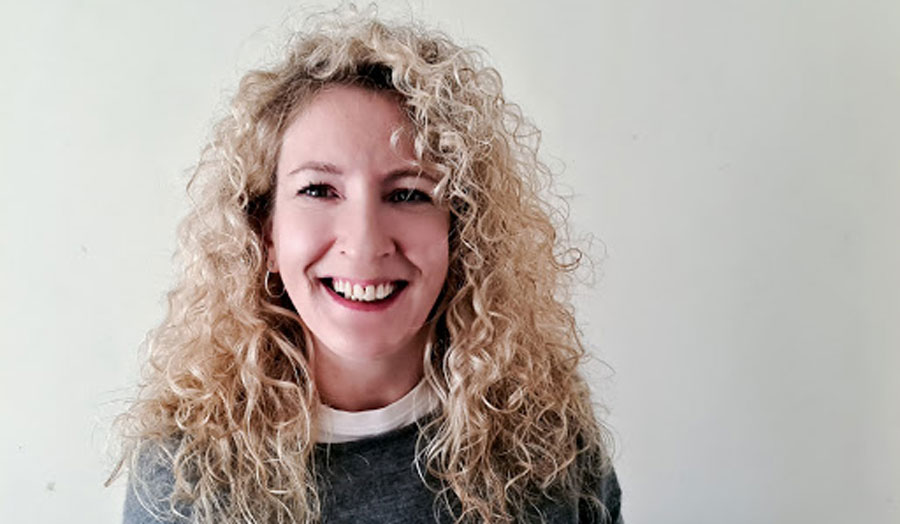Sophie Cloutterbuck, Director of London Engagement at London Met, explains the civic agenda informing the London Met Lab and her ambitions for the initiative.
Can you tell me a little bit about yourself and the London Met Lab?
I can’t believe it but I have been working in the local community for over 20 years. After a period of working in finance in the City I changed my career and became a youth worker, particularly focussing on engaging with young people in the areas of crime, poverty and education in London. I have been working at London Met for the last 16 years, most recently heading up the Outreach & WP department. In March this year, I was delighted to be appointed Director of London Engagement.
The London Met Lab: Empowering London has come out of one of the streams, Giving Back to the City, of the new University strategy published in December 2019. Through our civic and community networks, we are on a mission to tackle the inequalities facing London, to improve people’s lives and to deliver social justice. Working with staff, students and community partners we have identified six challenges that London Faces: Crime, Environment, Poverty & Deprivation, Social Wealth, Discrimination and Health Improvement. We are now starting to work with the wider community, trying to find solutions to these challenges. This includes, but not be limited to research, student placements, clinics, outreach, advice & guidance, consultancy and more. This will also enhance the students’ wider personal and professional development, provide students with a wide variety of learning opportunities that involve the application of classroom concepts into practice while giving them the sense that they are making real change.
In the future it would be great if we could say we were the first truly civic HE, supporting and helping our students and the local community thrive. We want to hear all of our communities voices within and externally to the university and help co-design real-life, place-based solutions to the social challenges which disproportionately affect the communities that we serve.
Why is it important for universities, their students and staff to build links with their local communities?
As drivers of a new civic agenda, any big organisation within a community (and higher education institutions are often the biggest) have a responsibility to their communities to realise their potential and use their geographic role more effectively as agents to drive positive societal change.
We see our role as a civic institution, to partner with local government, charities, social enterprises and small businesses to work together to tackle some of the challenges London faces. At London Met, we have been doing a lot of this work for a long time and we are very lucky to already have partners across London with whom we have built this type of mutually beneficial relationship. We want to continue to strengthen these links.
London is more prosperous and has greater access to transport, culture and employment than many parts of the country. Why did you choose to focus on the capital city?
If we are going to be a civic institution, we need to use our geographic presence to affect change. London might be theoretically the wealthiest city in the country, but our three local boroughs are some of the poorest in the country. There are especially high levels of child poverty across the board. Also, what we learn in London can be transferred not only to cities elsewhere in the UK but also across the world.
What's your favourite thing about London?
Its diversity and complexity.
Finally, how can people get involved?
Send us an email empoweringlondon@londonmet.ac.

